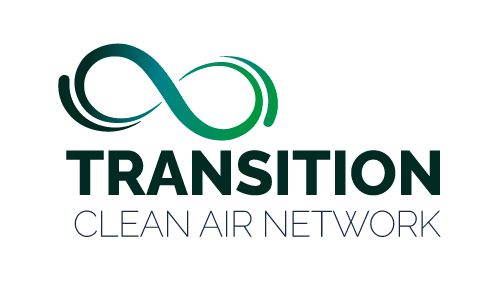Co-creating a framework for policy solutions
Given the uncertainties surrounding the optimal policy decisions to support transport decarbonisation and improved air quality, we require a framework for new planning processes and policies that builds in resilience: i.e., early identification and mitigation of unintended consequences for the environment, public health, the economy and society.
This framework must take account of the impacts that climate change and air pollution mitigation have on the business case for investment in major public transport infrastructure. We need: policies that ensure there is a clear business case for clean, sustainable transport; and policies that redefine what is ‘clean’ and ‘sustainable’ as we move beyond legal compliance for nitrogen dioxide (NO2) to achieving the World Health Organization’s lower target for fine particulate matter (PM2.5) – all whilst meeting our climate action commitments. We also need to define and understand new emerging challenges, such as non-exhaust pollutants from increased brake and tyre wear, and shifts away from vehicle regulation of tailpipe emissions in future decades.
Finally, we are looking at what we can learn from the first major transport revolution to inform contemporary decision making: with one eye on the past, we can plan for a cleaner, more sustainable future.
